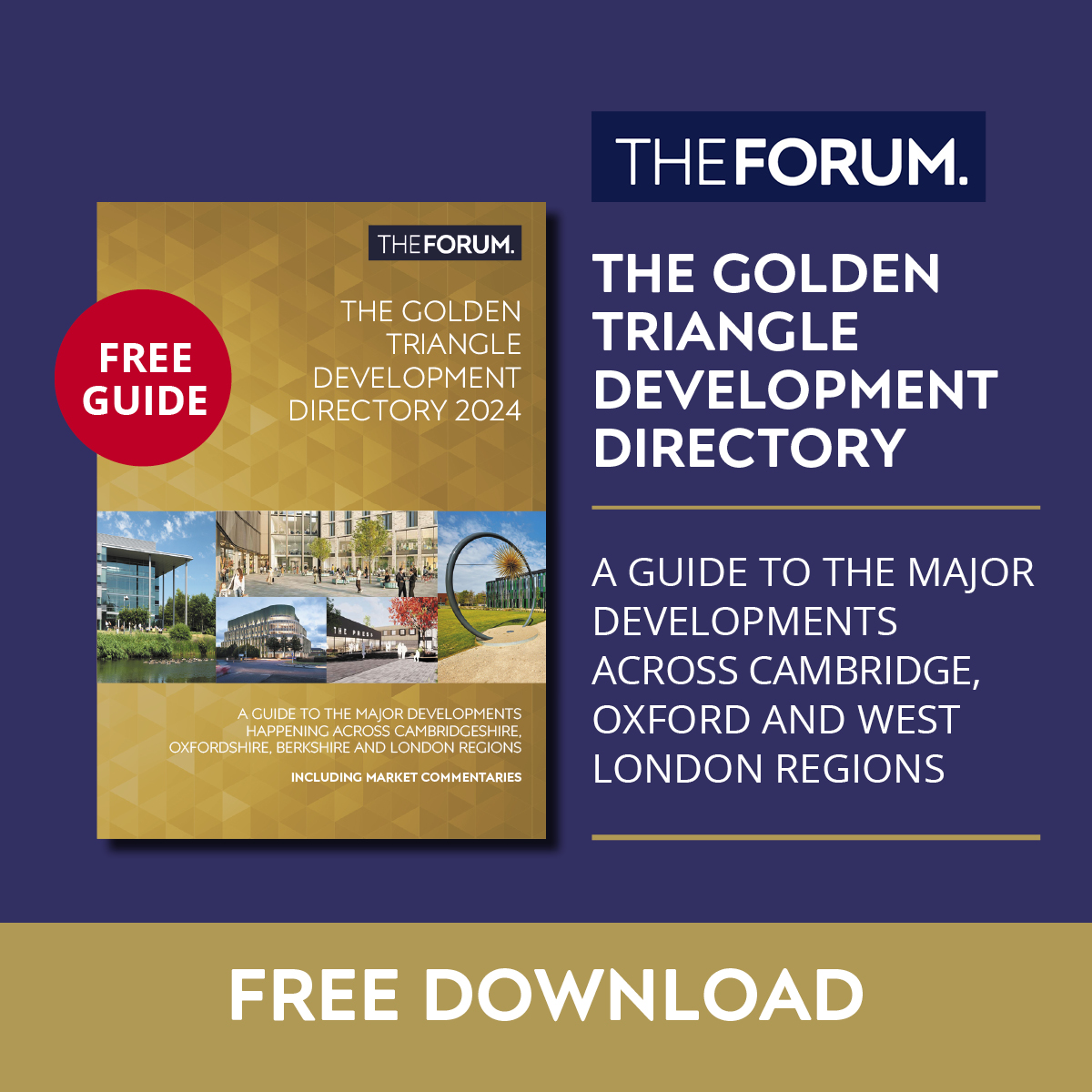Olivia Foster in Blandy & Blandy’s commercial property team explains the new Stamp Duty Land Tax (SDLT) surcharge that applies to residential property purchased by non-UK residents.
From April 1, a two per cent surcharge applies to Stamp Duty Land Tax (SDLT) payable on the acquisition of residential property in England or Northern Ireland (the surcharge will not apply to properties purchased in Scotland and Wales) by non-UK residents.
It is important to note that the non-UK resident surcharge is based on residence and not nationality.
Therefore, whilst it is clear that for overseas buyers this will automatically apply, it needs to be determined whether buyers of residential property in England and Northern Ireland are residents in the UK.
If, for example, you are a UK citizen working abroad and only return to the UK every few months, the surcharge will likely apply on top of any SDLT and any other surcharge that may apply.
In respect of joint buyers, if one buyer (subject to certain exceptions such as Crown employees or spouses and civil partners who are married and living together) is a non-UK resident then the two per cent surcharge will apply.
For a company, the 15 per cent surcharge will still apply to any purchase of a residential property, as well as the two per cent surcharge where the company is not a UK company for the purposes of Corporation Tax, or is a UK tax resident but is a ‘close company’ controlled by non-UK residents. A close company is defined as:
- Under the control of five or fewer ‘participators’ – or any number of participators if those participators are directors; or
- More than half the assets of which would be distributed to five or fewer participators, or to participators who are directors, in the event of the winding up of the company.
A participator in this situation is likely to be a shareholder of the company.
A partnership will pay the surcharge if any one of its partners is non-UK resident, no matter how small their interest.
A bare trust will pay the surcharge if the beneficiary is non-UK resident. For other trusts, it will depend on whether the beneficiary is either entitled to live in the property for life or to receive rental income.
If they are, and the beneficiary is non-UK resident, the surcharge applies. If not, the surcharge applies if the trustee is non-UK resident.
There are exceptions to the surcharge such as:
- If the chargeable consideration is less than £40,000 (save for in the case of leases where the annual rent is £1,000 or more).
- Leases for a term of seven years or less or the acquisition of an existing lease with an unexpired term of seven years or less.
- Institutional accommodation that is taxed as a residential property such as school houses and armed-forces accommodation etc.
- Bare residential land without a residential property on it.
- Other exemptions such as group company or charities relief.
You may be entitled to a refund or repayment if you become a UK-resident within two years of submitting the Land Transaction Return to HMRC or spend at least 183 days in the UK in a continuous one-year period that falls within a two year period starting from one year before the effective date of the transaction and ending one year after the effective date of the transaction.
For further information or legal advice, please visit www.blandy.co.uk, contact law@blandy.co.uk or call +44 (0)118 951 6800.
© Thames Tap (powered by ukpropertyforums.com).
Sign up to receive your free weekly Thames Tap newsletter here.
















